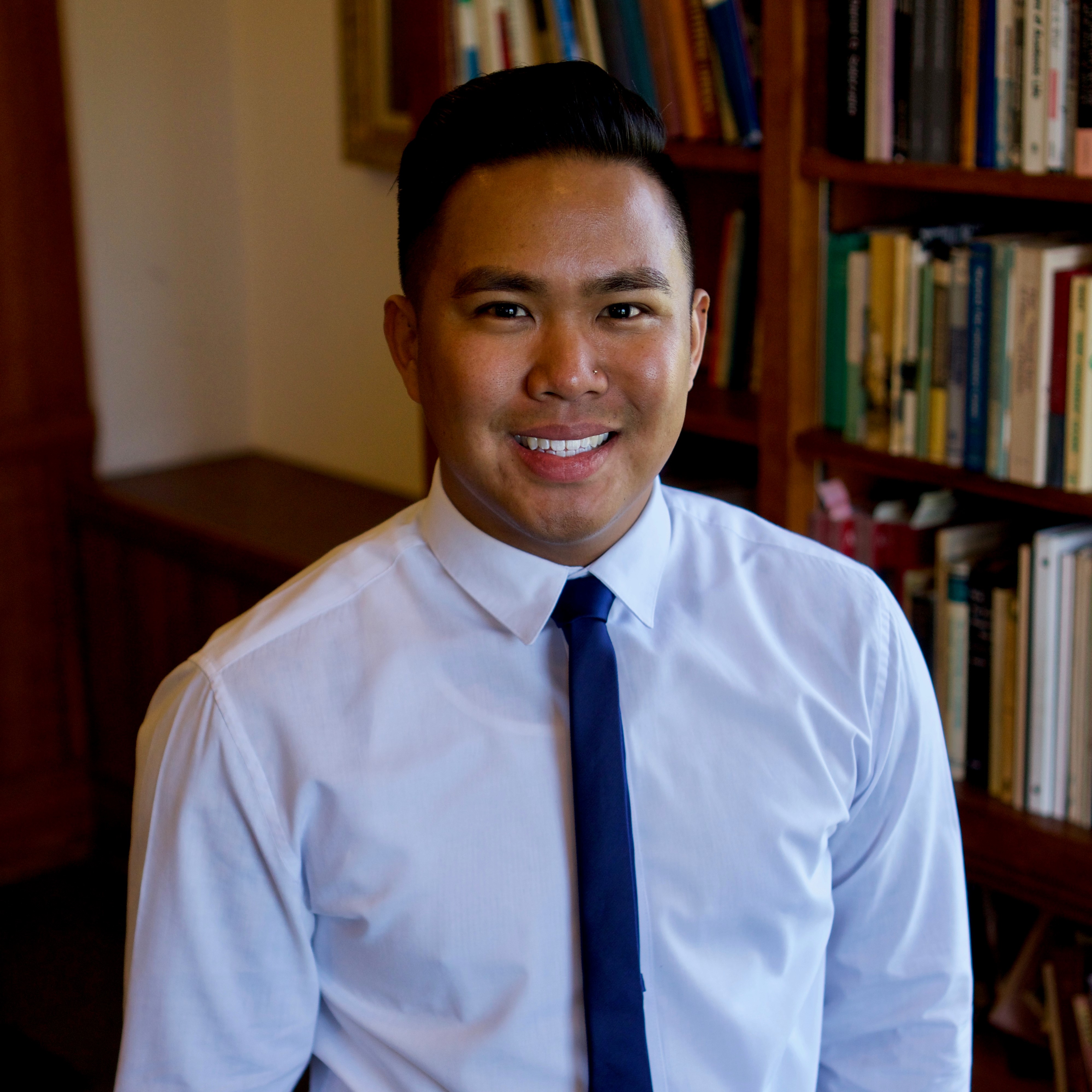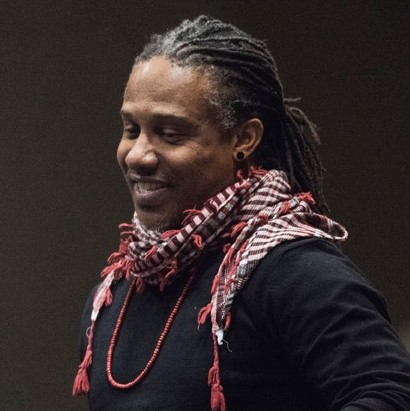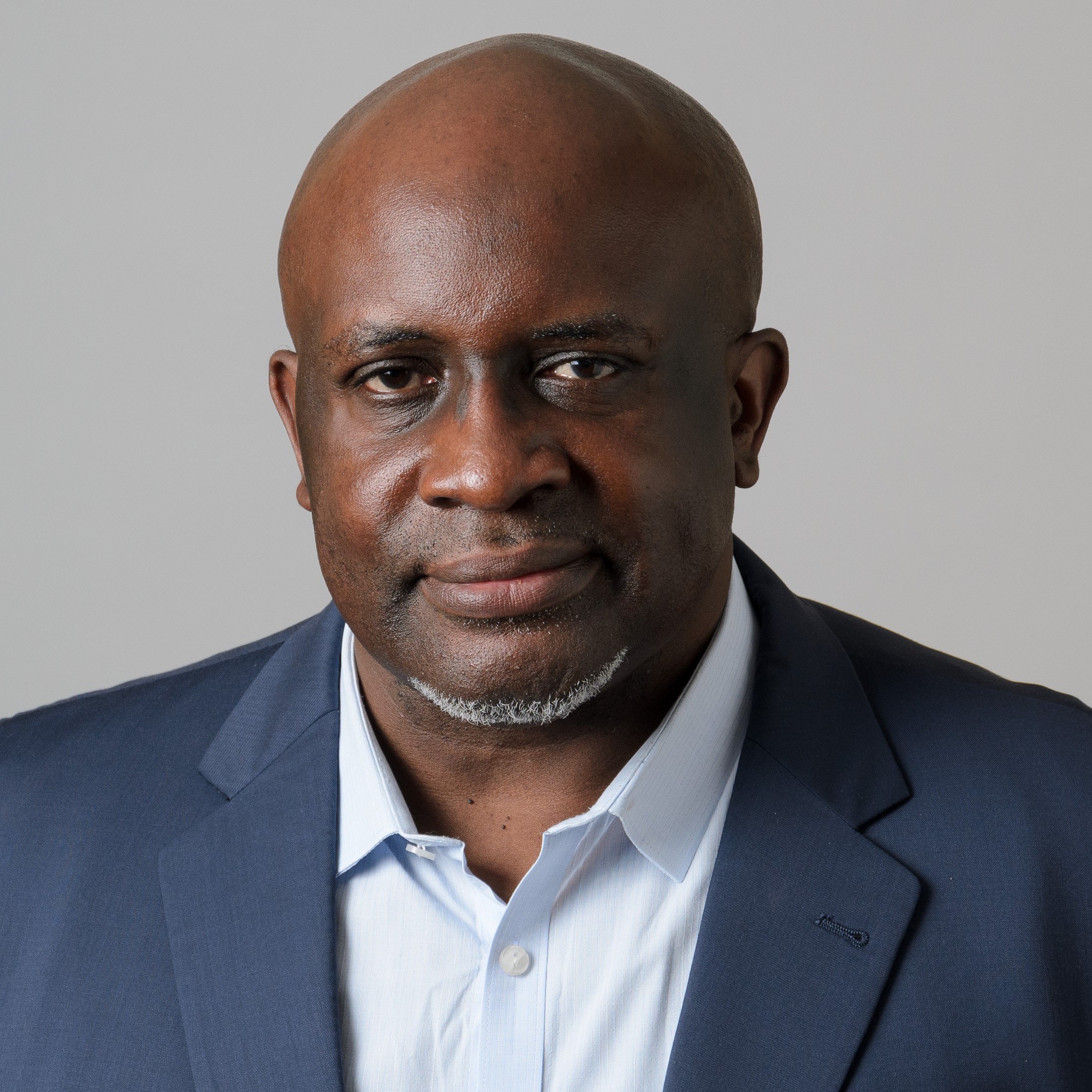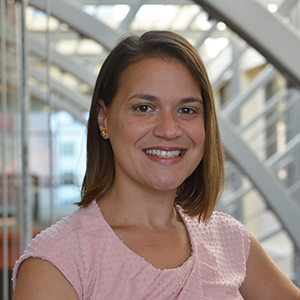January 2023
AERA has announced the selection of three proposals to receive funding through the Education Research Conferences Program. The three were selected from a high-quality pool of proposals received during the 2022 submissions cycle.
Since 2010, the program has awarded 62 grants of up to $35,000 for conferences intended to break new ground in substantive areas of inquiry, stimulate new lines of study on issues that have been largely unexplored, or develop innovative research methods or techniques that can contribute more generally to education research.
Proposals for the 2023 grant cycle are being accepted through March 6, 2023.
“We are thrilled to announce the recipients of this year’s awards,” said AERA Associate Executive Director Lori Diane Hill. “All three proposals further the Education Research Conferences Program and AERA’s commitment to supporting and sharing diverse, cutting-edge research. We look forward to seeing how the importance of this research positively affects the field.”
|

Edward Curammeng
|
Ethnic Studies Education Conference: Advancing a National Research Agenda
Principal Investigators: Edward Curammeng (California State University, Dominquez Hills), Tracy Buenavista (California State University, Northridge) and David Stovall (University of Illinois, Chicago)
Managing Institution: California State University, Dominquez Hills
Abstract
“Ethnic Studies Education Conference: Advancing a National Research Agenda” will convene an intergenerational and interdisciplinary group of researchers whose work is situated at the nexus between ethnic studies and education. A growing body of empirical studies affirms ethnic studies fosters students’ cross-cultural understandings and demonstrates academic, civic, and social value for all students. Amidst the national ongoing push for K–12 ethnic studies and ethnic studies graduation requirements across institutions of higher education, it is important that the field engage in generative dialogue to consider the role of theories, methods, and community, relative to researching ethnic studies education. The goals of the three-day conference are threefold: (a) articulate new areas for a national research agenda for ethnic studies education; (b) convene cross-disciplinary scholars to build a network of researchers committed to ethnic studies education; and (c) produce high-quality scholarly papers that will be published in an edited volume by AERA or another academic press. Collectively, scholars will address: What constitutes ethnic studies education research? What role does community have within ethnic studies education research? What knowledges, theories, and methods support ethnic studies education research? What role does praxis play for ethnic studies education scholarship? The conference will conclude by outlining collaborative means for P–24 interdisciplinary projects.
|
|

Tracy Buenavista
|
|

David Stovall
|
|

Pamela Moss

James Hammond
|
Reimagining the Education Research Commons: Toward Epistemic Justice
Principal Investigators: Pamela Moss (University of Michigan) and James Hammond (Michigan Technological University)
Managing Institution: University of Michigan
Abstract
“Cultivating equitable education systems for the 21st century,” as framed by the 2022 AERA Presidential Theme, requires us to look critically at inequities in our education research commons—our systems for producing, sharing, and putting research to work—and to imagine possibilities for change. Framed by literatures on open science, epistemic (in)justice, pluriversality, infrastructure studies, and knowledge commons, and inspired by participants' concrete visions of possible futures, our goals for the conference are to:
- catalyze a dialogue about the future of the education research commons, consistent with the goals of epistemic justice;
- develop learning resources which leaders and participants in the education research community can use to educate themselves about epistemic justice as it relates to education research;
- illustrate a set of potential recommendations (principles, practices, technical resources, pedagogies) for evolution in the research commons; and, equally important,
- highlight tensions, disagreements, and gaps in understanding that require explicit acknowledgement, further study, and deliberation—with particular attention to questions about the workings of power.
The conference is being developed in collaboration with June Ahn (University of California, Irvine), Megan Bang (Northwestern University), Angela Booker (University of California, San Diego), Ezekiel Dixon-Román (Teachers College), Drew Gitomer (Rutgers University), William Penuel (University of Colorado, Boulder), and Shirin Vossoughi (Northwestern University). Following the conference, we will curate and make available online to the AERA community the set of educative resources described above, and we will propose to the leadership of AERA possibilities for engaging others in the conversation and exploring next steps.
|
|

Franklin Tuitt
|
A Conference for the Advancement of a Comprehensive Intersectional and Anti-Blackness Framework for Decolonizing Higher Education
Principal Investigators: Franklin Tuitt (University of Connecticut), Saran Stewart (University of Connecticut), and Milagros Castillo-Montoya (University of Connecticut)
Managing Institution: University of Connecticut
Abstract
Transnationally, racially minoritized students have engaged in movements demanding racial and intersectional justice, access and equity to higher education, and curriculum and pedagogy that suggest their lives and their lived experiences really matter (Tuitt, 2020). At the heart of many of these movements is the demand for decolonized spaces in and out of the classroom. However, there is a dearth of intersectional and transnational frameworks addressing decolonizing academic spaces for racially and ethnically minoritized communities in higher education. The goals of the Intersectional and Comparative Advancement of Racial Equity for Social Justice (ICARE4Justice) Summit are to bring together 30 scholars and graduate students from institutions across the world to (a) connect researchers who engage in transnational approaches to decolonization, anti-Blackness, intersectionality, and racial equity in higher education; (b) analyze, collate, and design innovative global strategies for advancing decolonization and dismantling White supremacy in higher education; and (b) advance research and transnational understandings of decolonization and racial equity in higher education research, praxis, and policy. Partners in the conference will include interdisciplinary researchers in higher education, educational policy, sociology, psychology, and STEM fields located in the United States, Brazil, South Africa, Jamaica, the United Kingdom, the Netherlands, Australia, New Zealand, and Puerto Rico, to name a few. Anticipated outcomes from the conference include (a) a conference report, (b) participation in policy and public forums at national levels, (c) symposia panels at globally recognized peer-reviewed conferences, and (d) a white paper framework outlining tenets and areas for further research.
|
|

Saran Stewart
|
|

Milagros Castillo-Montoya
|
|